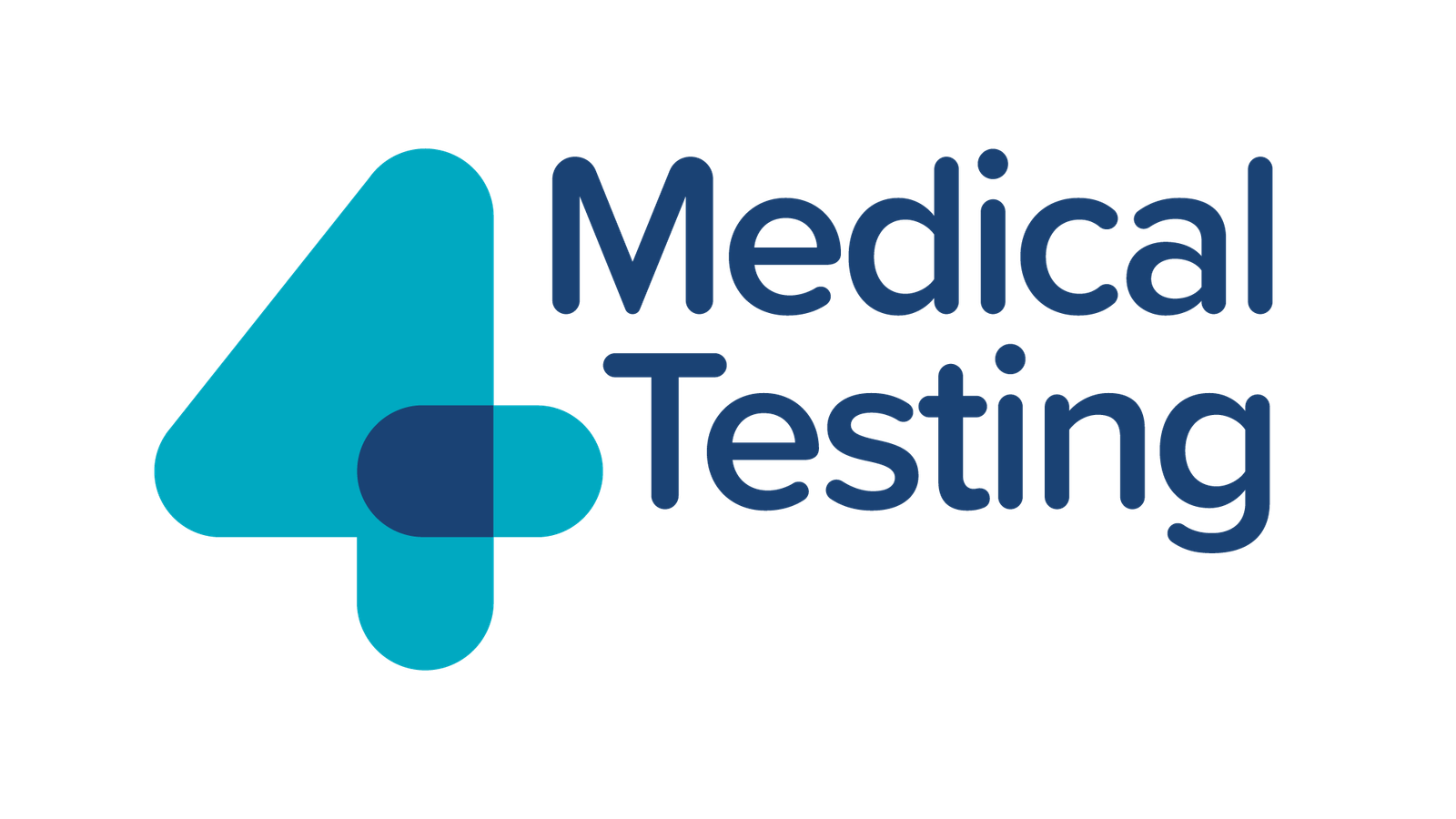What can I expect from this Window Health Check?
Open a window into your health with a 4-Medical Testing Health Check.
The findings from a health check will give you information about your risks of having, or developing, a range of common health problems.
This health check covers:
● Blood test
● Body Mass Index
● Weight
● Blood pressure
● Depression
● Anxiety
● Height
● Waist circumference
● Alcohol
● Smoking
Detecting Problems
A Health Check may find health problems you do not already know about or give you a view of your risks of developing them in the future. Catching a problem early is vital. Knowing your risk factors is essential. With this window into your health, you can make the lifestyle changes, or get the treatment you need, to dramatically change the course of many health problems. We want you to feel empowered and informed so that you can live the best life that you can.
Low Risk Result
A low-risk finding is reassuring but does not mean you will never develop a condition, which is why regular health checks are recommended.
High Risk Result
A high-risk finding is rightly going to cause concern but it does not necessarily confirm that a condition is present and further investigations need to be carried out by a healthcare professional to establish a diagnosis and treatment plan.
Stay Informed
Catching health issues early may make treatment more effective, but it’s worth noting that Health Checks results may lead to difficult decisions on whether or not to pursue further tests or treatment. If you are having concerns about whether a Health Check is right for you, we recommend that you talk to your GP.
In Good Hands
Following your health check, our doctors review all the information you have shared with us, the investigations we carry out, and the results of your blood tests. You will receive a full report on every aspect explored in your health check. This report will include a range of advice on relevant lifestyle changes and will advise you to see your doctor for further review if there are high-risk findings. We encourage you to discuss your results with your doctor or healthcare professional.
Identifying conditions of this test
- Cholesterol
- Diabetes
- Kidney Function
- Liver Function
Cholesterol (7 Biomarkers)
High cholesterol levels can cause your arteries to become blocked – leading to coronary heart disease, heart attack, or stroke. Finding out about high levels of cholesterol can help you to make the positive lifestyle and dietary changes needed to improve your chances of a long and healthy life.
Total Cholesterol
Total Cholesterol is a measurement of the total amount of cholesterol in the blood, this includes low-density and high-density lipoprotein cholesterols. It is used to produce hormones for development, growth, and reproduction. Total cholesterol tests are used to estimate the risk of developing heart disease.
High-Density Lipoprotein (HDL)
High-Density Lipoprotein (HDL) is a form of cholesterol that is classified as the ‘good’ cholesterol. Its main function is to help remove cholesterol from the heart’s arteries. HDL tests are used to estimate the risk of developing heart disease.
Low-Density Lipoprotein (LDL)
Low-Density Lipoprotein (LDL) is classified as the ‘bad’ cholesterol, this causes cholesterol build-up and blockage in the arteries. LDL tests are used to estimate the risk of developing heart disease.
Total Cholesterol: HDL Ratio
Total Cholesterol: HDL Ratio is a calculation that indicates the ratio of ‘good’ cholesterol in terms of the total cholesterol in the body. HDL helps to remove cholesterol from the heart’s arteries. Total cholesterol: HDL ratio tests are used to estimate the risk of developing heart disease.
Non-HDL Cholesterol
Non-HDL Cholesterol is the number of total cholesterols without the high-density lipoprotein (HDL), the ‘good’ cholesterol. Non-HDL cholesterol tests are used to investigate the lipid profile during the estimation of the risk of developing heart disease.
Triglyceride
Triglyceride is a type of fat stored in the body’s tissues and can derive from foods such as butter and oil. Triglyceride tests are used to investigate the lipid profile during the estimation of the risk of developing heart disease.
HDL percentage
This is the percentage of Total Cholesterol that consists of High-Density Lipoprotein (HDL), the ‘good’ cholesterol.



